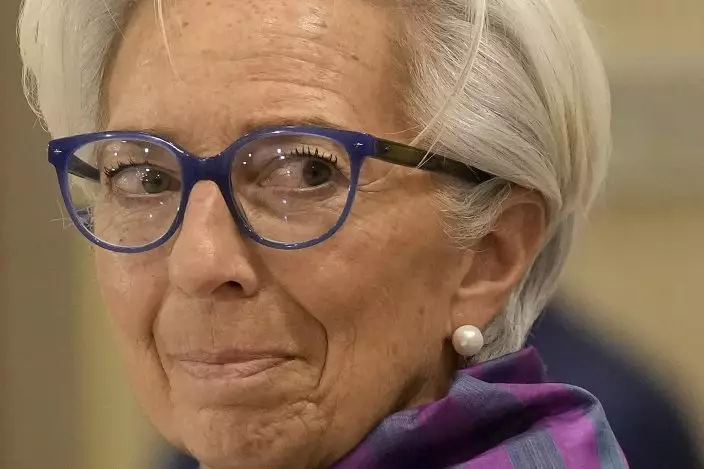Treasury Secretary Steven Mnuchin and Federal Reserve Chairman Jerome Powell said Thursday that the government’s top priorities in any new economic relief package should be to provide affordable loans to small businesses and further support for millions of Americans still unemployed.
With the prospects for any new federal aid package appearing dim, members of the Senate Banking Committee pressed both officials to list improvements that could be quickly made in the nearly $3 trillion in support that Congress has passed to fight the pandemic-induced recession that has nearly 11 million people still jobless.
Democrats on the panel urged Mnuchin, one of the administration’s top negotiators, to work harder to persuade Republicans in Congress to raise the amount of money they would be willing to support in a new bill. And Republicans urged Democratic members to consider a lower amount that might clear both the House and Senate with Election Day less than six weeks away.
Mnuchin agreed that business loans and enhanced unemployment support would be good priorities for Congress to back in any new package.
Pressed to state what the top priorities should be, Powell cited providing more support through the popular Paycheck Protection Program for small businesses and boosting unemployment benefits. The PPP still holds around $130 billion that had not been allocated when authorization for the program expired.
The original relief package provided a $600-a-week federal unemployment benefit, on top of whatever jobless aid a state provides. But the $600 benefit has expired. Many Republicans have argued that amount was so large as to dissuade some unemployed people from looking for a job.
President Donald Trump signed an executive order to provide $300 in weekly benefits, with states supplying $100. But that program has not been widely supported by states and has now expired.
Powell and Mnuchin testified this week before committees in both the House and Senate that are providing oversight of programs created to deal with the economic fallout from the pandemic.
Mnuchin said that in addition to the $130 billion that has not yet been spent from the Paycheck Protection Program, he would support reallocating $200 billion that Congress gave to Treasury to serve as a backstop for potential loan losses in various emergency programs being run by the Fed.
Many of those Fed programs are operating far below the levels that had been expected, so Treasury has not had to use the money provided to cover losses.
Powell repeated his view that providing more support was essential to keep the economy on a sustained upturn. He said that a big risk is that many unemployed people will have a hard time finding new jobs because they work in areas of the economy where job losses have been the largest, such as restaurants and bars.
Mnuchin was pressed by some senators to further simplify government forms that businesses need to provide to qualify for having their Paycheck Protection Program loans forgiven.
He said that Treasury and the Small Business Administration had made the forms easier to fill out but that he could support legislation that has been proposed to automatically forgive loans below $150,000. That, with the caveat that government auditors be allowed to go back and review any loans in that category where questions were raised about whether the money was obtained fraudulently.
Sen. Elizabeth Warren, D-Mass., praised Powell for the Fed’s decision in August to modify its policy and allow inflation to run above the central bank's 2% inflation target for a period of time. That would allow the Fed to concentrate for a longer period on pushing unemployment lower. Before the pandemic hit, unemployment in February was down to a half-century low of 3.5%.
Warren called this a “good first step” in reorienting Fed policies to deal with the income gaps between white and Black Americans but she said more Fed action is needed.
She said she has drafted legislation to require the Fed to report on what it is doing about income gaps between different segments of the population as part of the regular monetary policy reports it must make to Congress.



